There has been a lot of media coverage over the last week regarding the shortage of Hormone Replacement Therapy (HRT), it has even been raised and discussed in the house of commons. This may be affecting some of your staff.
How does menopause affect the workplace?
Women make up 47% of the workforce. You are therefore likely to have women going through the menopause in your workplace. The menopause happens between 45-55 years of age, but it can happen earlier or later for some women. For women who have symptoms, it can be a difficult and stressful time. The menopause can affect everyone differently with some women having only mild symptoms and others much more severe.
Some symptoms can lead women to lose confidence in their skills and ability to perform their job. It can also cause an increase in stress, anxiety and depression.
Menopause and the law
Employers need to ensure that they have policies and procedures in place to support staff affected by the menopause. The law that applies to the menopause is the Equality Act 2010 which protects workers against discrimination, and the Health & Safety at Work Act 1974, which says that an employer must, where reasonably practical, ensure everyone’s health, safety and welfare at work.
The menopause is not a protected characteristic under the Equality Act 2010, but if an employee feels that they have been treated less favorably or are at a disadvantage because of their menopausal symptoms, then this could be discrimination if related to a protected characteristic such as age, or sex.
What can employers do to help?
It is important for employers to be aware that the symptoms can affect staff at any time and could prevent staff from carrying out their job effectively. It is important for employers to have an open and supportive environment.
Things employers could put in place are:
- Organise for a speaker to visit the workplace or deliver remote talks about how to manage the symptoms of the menopause
- Give training to managers on how to talk to staff
- Raise awareness amongst all staff
- Postmenopause information on company intranets/noticeboards
- Have a menopause policy at work
- Having menopause or wellbeing champions
The most important thing is to talk to your staff. A referral to Occupational Health might be needed if this is affecting their ability to carry out their job. If this happens then have a discussion with them and make a referral.
We may be able to assist you with an awareness programme, call us to discuss further.




